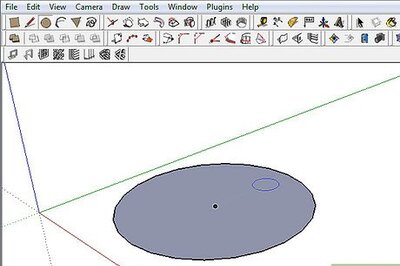
views
Artificial Intelligence (AI) has been the hot topic of the year 2023. We have seen a lot of developments that it went through, one of the notable ones being the ChatGPT. Now, researchers at the Technical University of Denmark (DTU) have developed an AI-based death predictor, which has high accuracy in forecasting individuals’ lifespans. The model called Life2vec is accurate about 78 percent of the time, which puts it on par with other algorithms designed to predict similar life outcomes. Unlike other AI models, it works like a chatbot using existing details to predict what comes next. The lead author of the December 2023 study titled Using Sequence Of Life-Events To Predict Human Lives, Sune Lehmann told to The New York Post, “We use the technology behind ChatGPT (something called transformer models) to analyse human lives by representing each person as the sequence of events that happens in their life.”
In the report, the professor of network and complex systems from the Technical University of Denmark and co-authors introduced an algorithm known as Life2vec which uses select details of an individual’s life including income, profession, residence and health history to determine life expectancy with 78 percent correctness.
Lehmann explained that they use the facts in a certain sense as human lives share a similarity with language. He said that just like words follow each other in sentences, events follow each other in human lives. The model claimed to predict almost everything and the research team chose to predict death because it is something people have worked on for many years.
The research team examined a heterogeneous subject population of 6 million Danish people who varied in sex and age between 2008 and 2020. The analysts used Life2vec to discover which of the subjects would likely live for at least four years beyond January 1, 2016. The report also noted that the scale of their dataset allows them to construct sequence-level representations of individual human life trajectories, which detail how each person moves through time.
“Death prediction is an often-used task within statistical modelling that is closely related to other health prediction tasks and therefore requires Life2vec to model the progression of individual health sequences as well as labour history to predict the correct outcome successfully,” the authors of the study wrote.
The bot is, however, not available currently for the general public or corporations for use.
















Comments
0 comment